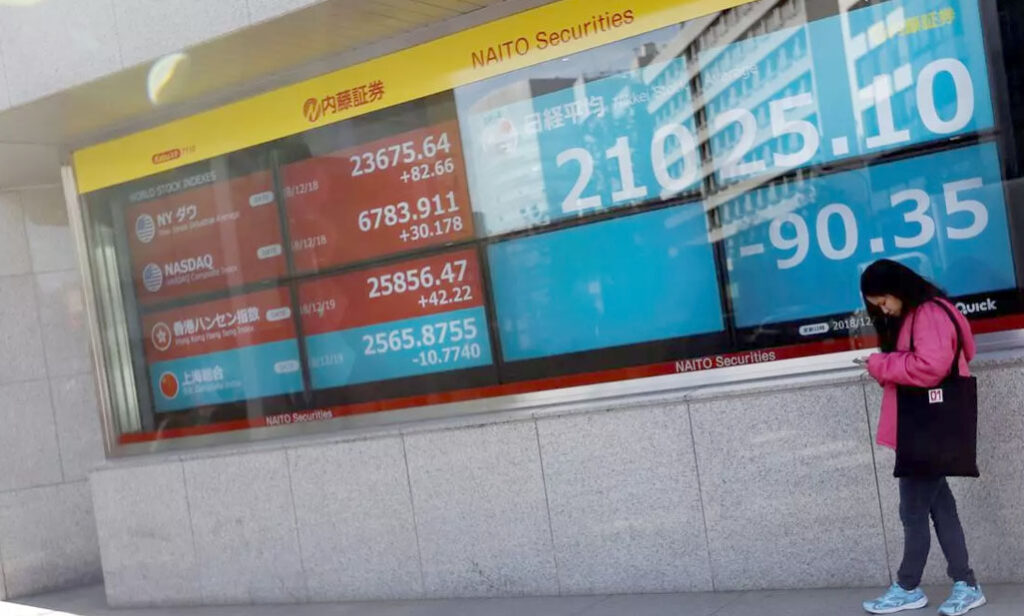Concerns over slowing economic growth took center stage on Wednesday as a swath of weak data kept most Asian stocks trading in a flat-to-low range. Meanwhile, Japan’s Nikkei index took the biggest hit, dropping 1.6% due to some profit-taking as losses in automobile and energy stocks weighed.
Trading volumes were also limited in the region due to a holiday in China and Hong Kong. The strength of the yen also weighed on export-oriented stocks, with the Japanese currency experiencing increased safe-haven demand amidst growing fears of a US recession.
Risk sentiment took a beating following a string of softer-than-expected economic readings from major economies. Wall Street indexes plummeted after data showed a cooling in the US job market, and JPMorgan CEO Jamie Dimon warned that turmoil in the banking sector was not yet over.
Furthermore, Federal Reserve officials cautioned that US interest rates could continue rising despite slowing economic growth, exacerbating fears of a potential recession this year. Along with signs of prolonged weakness in global manufacturing, this has ramped up concerns over the economic outlook.
Appetite for most risk-driven assets was limited, while safe-havens such as gold and the yen rallied. Among Asian stocks, the Taiwan Weighted index was flat, while Thai stocks led losses in Southeast Asia with a 0.6% decline.
However, Philippine stocks were among the few outliers for the day, rising 0.5% after data showed inflation eased more than expected in March. South Korea’s KOSPI also added 0.4% after data earlier this week showed inflation was easing.
Australia’s ASX 200 fell 0.1%, after Reserve Bank Governor Philip Lowe warned that the bank could still keep raising interest rates to curb high inflation, even after holding rates steady on Tuesday. Finally, India’s Nifty 50 and BSE Sensex 30 indexes rose 0.4% each in catch-up trade after a holiday on Tuesday, with the focus now on a Reserve Bank of India meeting on Thursday, which is expected to result in a rate hike.

